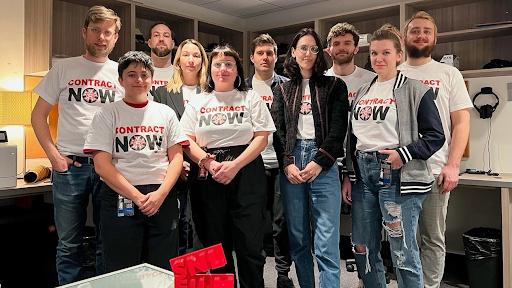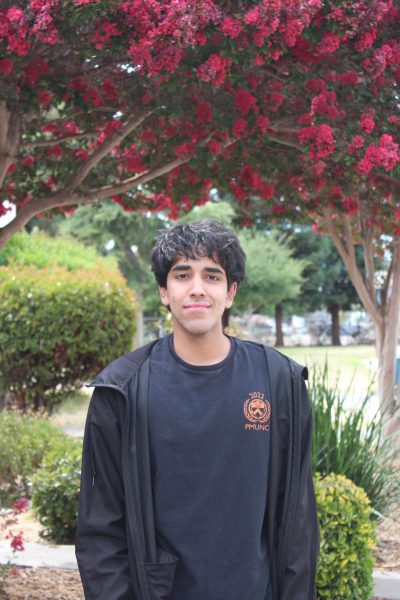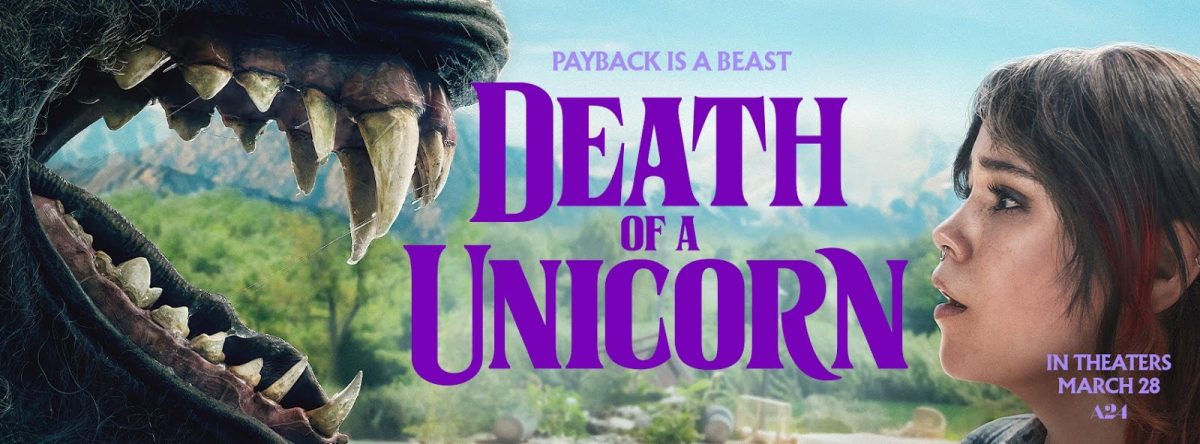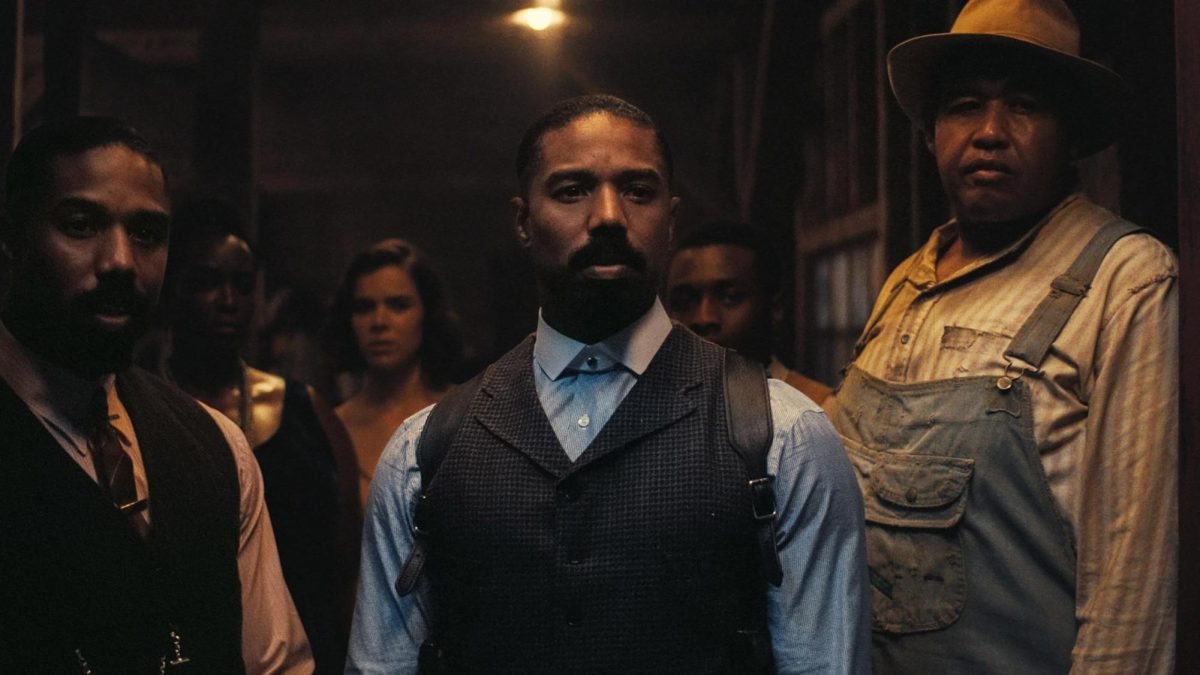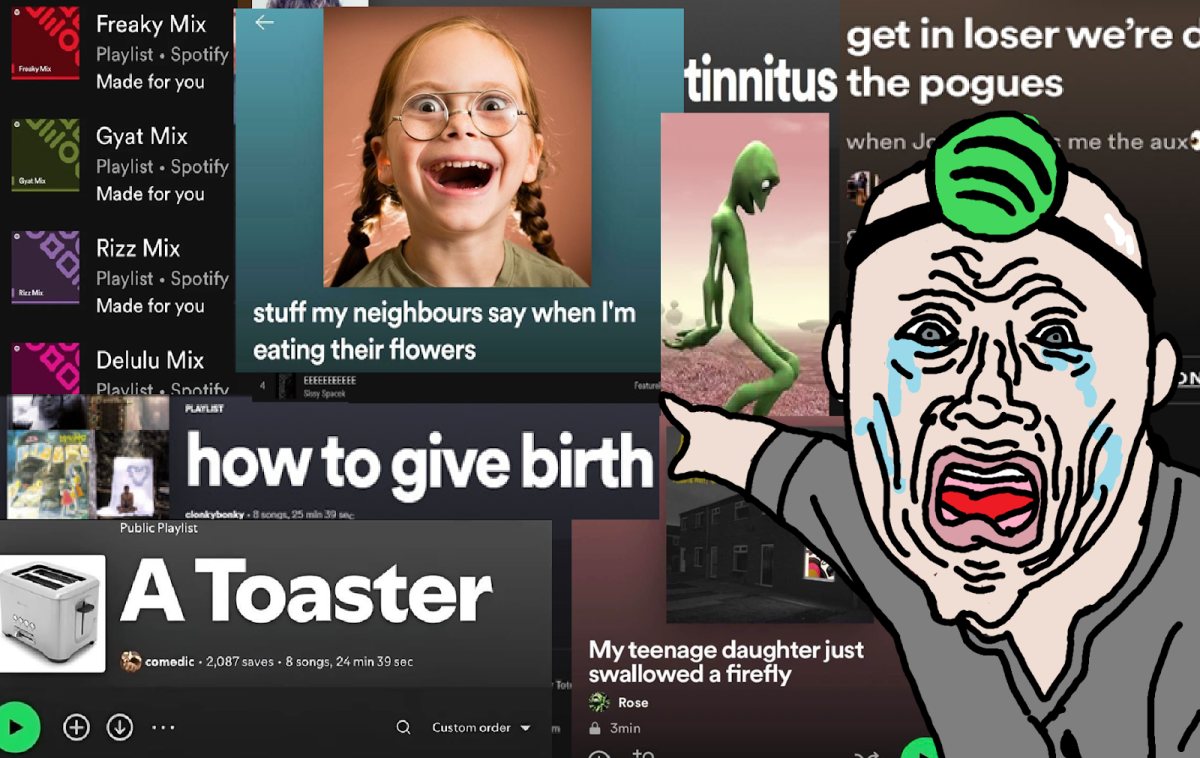On March 24th, the post-production editors of Saturday Night Live (SNL) reached a tentative deal with NBCUniversal regarding equal pay, health care benefits, as well as resources to help the editors deal with the non-traditional work hours editing for the show requires. This agreement was a result of a long-standing dispute that had been brewing between the editors and NBCUniversal, which had been ongoing for several months.
The group of editors formed a union last October with the Motion Picture Editors Guild (MPEG), which is part of the International Alliance of Theatrical Stage Employees(IATSE). The editors are forced work at breakneck speed, producing episodes that should take weeks to edit, in under 2 days, and often have to go through backbending conditions, and little to no sleep to get them done, and unionized to get better pay for the work conditions they go through, as they were paid much below industry standards coupled with the fact that most of the other employees on SNL were already part of unions.
Negotiations with the show’s publisher NBCUniversal began in December, but during this January, contract talks began to stall during wage negotiations, and a major roadblock was the issue of health benefits, as NBCUniversal argued for a two tiered health system which could lead to less health benefits for some workers. Other workers on the show were supportive of the striker’s cause, but NBCUniversal were the ones holding the talks back.
A strike was then authorized to occur, meaning most of the editor’s supported the possibility of a strike, and allowed the union organizers to call a strike if needed. In March, a strike was called, scheduled to happen on April 1st. The threat of a strike loomed over SNL as the editors demanded fair compensation and benefits. The strike would have disrupted the show’s production and caused significant financial losses to NBCUniversal.
As the threat of a strike loomed, NBC vowed to resolve the issue and committed to negotiating in good faith with the editors. The network acknowledged the importance of the editors’ work and recognized that they deserved fair compensation and benefits.
NBC pledged to find a solution and made a commitment to engaging in sincere negotiations with the editors as the possibility of a strike grew. The network recognized the value of the editors’ job as well as their right to just salary and benefits. This led to the tentative agreement that was reached on March 24th, which addressed the editors’ issues and improved their working circumstances.
The agreement includes resources to assist editors in their irregular work hours including paid hotels and transportation, employer paid meals, as well as better health care coverage for all editors. It also included immediate pay raises ranging from 7.5-33.5%, and 60% over the length of the three year contract, with increased ratification bonuses as well.
The agreement also highlighted the need for fair compensation and benefits for workers in the entertainment industry, particularly those in non-traditional roles. Overall, the resolution of the SNL editor’s dispute was a positive outcome that could have far-reaching implications for the industry as a whole .


